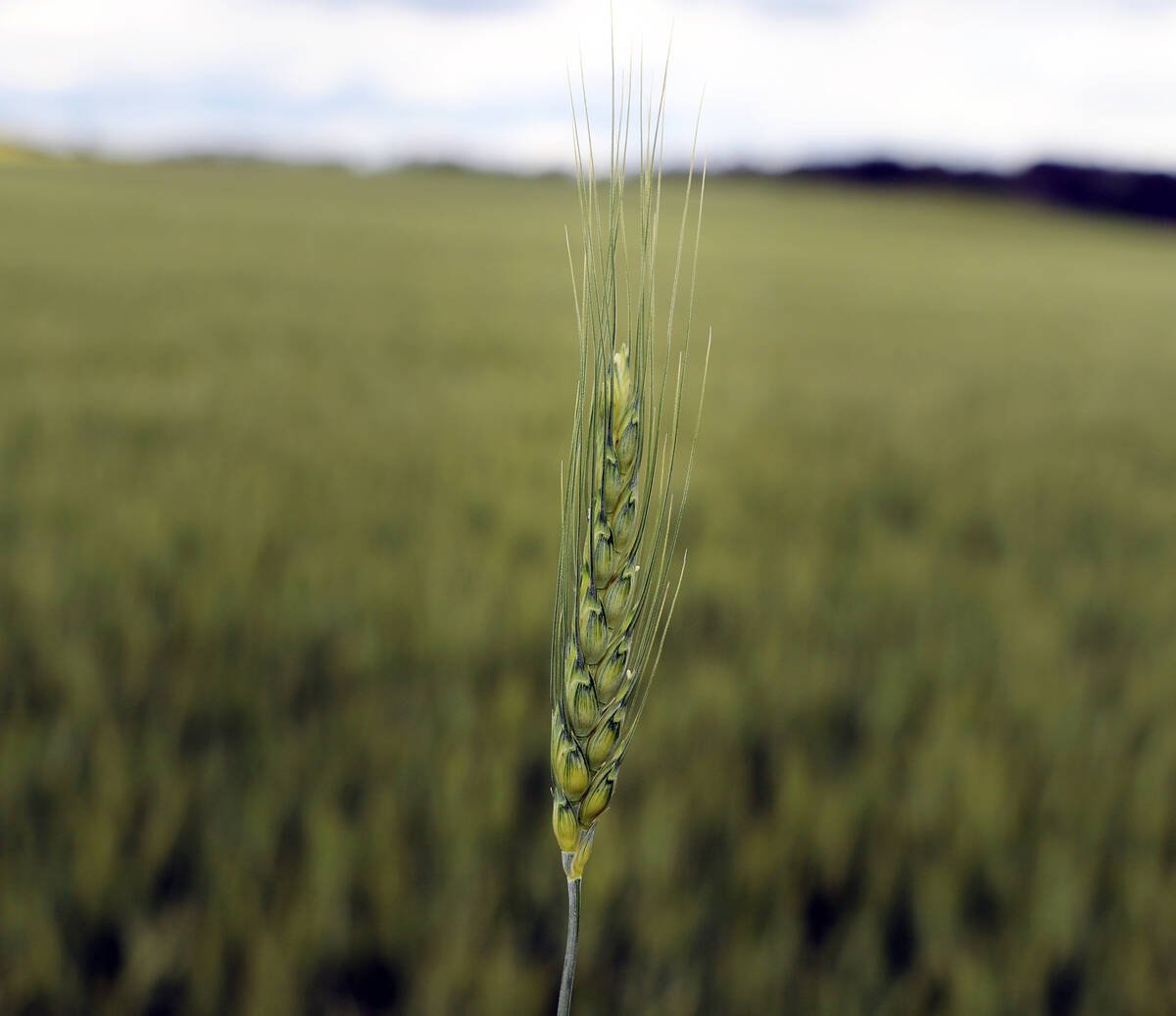GENEVA — The stalemate at last week’s World Trade Organization ministerial meeting means more of the same for Canadian farm groups that sent delegations to lobby for their often-conflicting interests.
Exporters represented by the Canadian Agri-Food Trade Alliance can expect a continuation of Canada’s emphasis on bilateral commodity agreements and no foreseeable progress on domestic or export subsidies that often make trade difficult.
For protected supply managed sectors, their international opponents won’t have a WTO forum to continue their attacks in the near future.
Read Also

Wheat markets are under duress
Two of Canada’s top wheat buyers have agreed to significantly ramp up their purchases from the United States.
Exporters were most disappointed by the result.
“It will be business as usual. The emphasis will be an exclusive attention to market access, and that is important,” CAFTA executive director Kathleen Sullivan said.
“But we believe the real answer is a multilateral agreement that deals with a broad range of issues including subsidies, and that is not on the horizon right now. That is unfortunate.”
Canadian Sugar Institute president Sandra Marsden, a member of the CAFTA delegation at the WTO meeting, said the result of stalemate is that subsidized sugar will continue to flood international markets, including European Union sugar.
“The world doesn’t stand still waiting for an agreement, so 700,000 tonnes of European sugar subsidized domestically will be on the market in 2011-12,” she said.
Grain Growers of Canada executive director and CAFTA president Richard Phillips said the result is a second-best solution for grain and oilseed exporters.
“Realistically, the emphasis going forward will be bilateral deals, but they do not deal with some fundamental issues that affect trade,” he said. “Recently high grain prices have masked some of the problems, but that could change.”
Dairy Farmers of Canada president Wally Smith, part of a delegation of supply management representatives at the meeting, said the lack of progress on a new WTO agreement leaves the dairy industry where it has been — working under the assumption that the system of protective tariffs, production controls and price-setting will continue with government support.
Existing agricultural texts at the WTO would require significant reductions in supply management protections. They are supported by almost all other countries.
Smith said those texts have never been approved and the agricultural negotiations were never completed.
“It is true that if the modalities now on the table were approved, it would have a major impact on the dairy industry,” said Smith.
“But I have full confidence that the current government will do what they say they will do to protect our industry, deal or not. I don’t think there is much nervousness in the industry because they trust the government to do what it says it will do. It has so far.”














